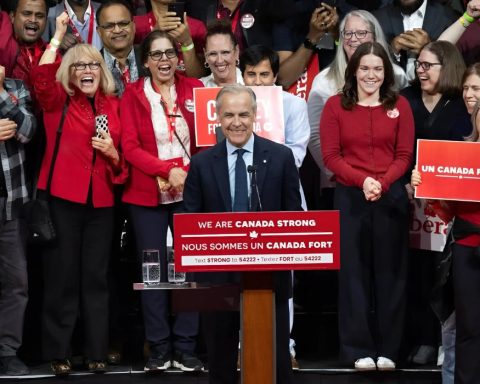A key business bromide is “What gets measured gets done.” But there’s an even older business truth: “You get what you pay for.” As businesses struggle to meet the United Nations’ net-zero goals, more companies are realizing that their success will hinge on tying executives’ compensation packages to achieving sustainability targets.
In response to heavy lobbying by institutional shareholders who see climate change as an existential risk, some 25% of U.S. public companies now include some form of environmental or social metric as part of their executive incentive plans, says proxy advisory firm Glass Lewis & Co. That’s up from just 16% two years earlier.
How fast are things moving? Just a year ago, U.S. financial giant Mastercard said that it would tie bonuses for its senior executives to three factors: cutting the company’s carbon usage, building financial inclusion and improving gender pay parity. Just this April, CEO Michael Miebach went one giant step further. In a sign that climate action and social development are everyone’s business, he announced Mastercard would offer sustainability-linked pay to all employees.
“Each and every one of us shares the responsibility to uphold our ESG commitments,” Miebach said. “That’s why we’re extending that model to our annual corporate score and all employees globally, taking our shared accountability and progress to the next level.”
Canadian companies lag behind in tying top executives’ pay to long-term ESG (environmental, social and governance) targets. For instance, mining giant Teck Resources ties 5 to 8% of its top five executives’ annual incentive payments to site-specific environmental risk management (e.g., reducing spills) and to social risks, such as community incidents or disputes. CIBC applies 10% of top executives’ business performance bonus to meeting diversity and sustainable-finance targets.
Surprisingly, a 2019 survey of the proxy circulars of 196 Toronto Stock Exchange companies, conducted by advisory firm Compensation Governance Partners (CGP), found that 61% of those companies included sustainability metrics in their incentives. But researchers noticed a few flaws. While setting and achieving difficult ESG targets is long, complex work, just 3% of those programs involved long-term incentive plans. As well, only 1% of those companies weighed sustainability at more than 20% of their bonus payouts.
How do we get more progress? In Canada, “shareholders and executives have been reluctant to fully embrace the integration of ESG targets into compensation metrics,” noted a recent report by CGP managing director Christopher Chen and Dov Begun, a lawyer with Osler, Hoskin & Harcourt. Sticking with the theme of “you get what you incent,” the authors invite Ottawa to get involved, “particularly through tax policy.”
Among their recommendations: Ottawa should make it easier for taxpayers to defer income related to achieving ESG objectives and extend deferral periods to six years from today’s three-year standard. “Achieving critical objectives with a global and societal impact such as climate and social change will require innovative approaches in every corporate boardroom,” the authors say. “Canadians should demand the same commitment to innovation and agility from governments.”





